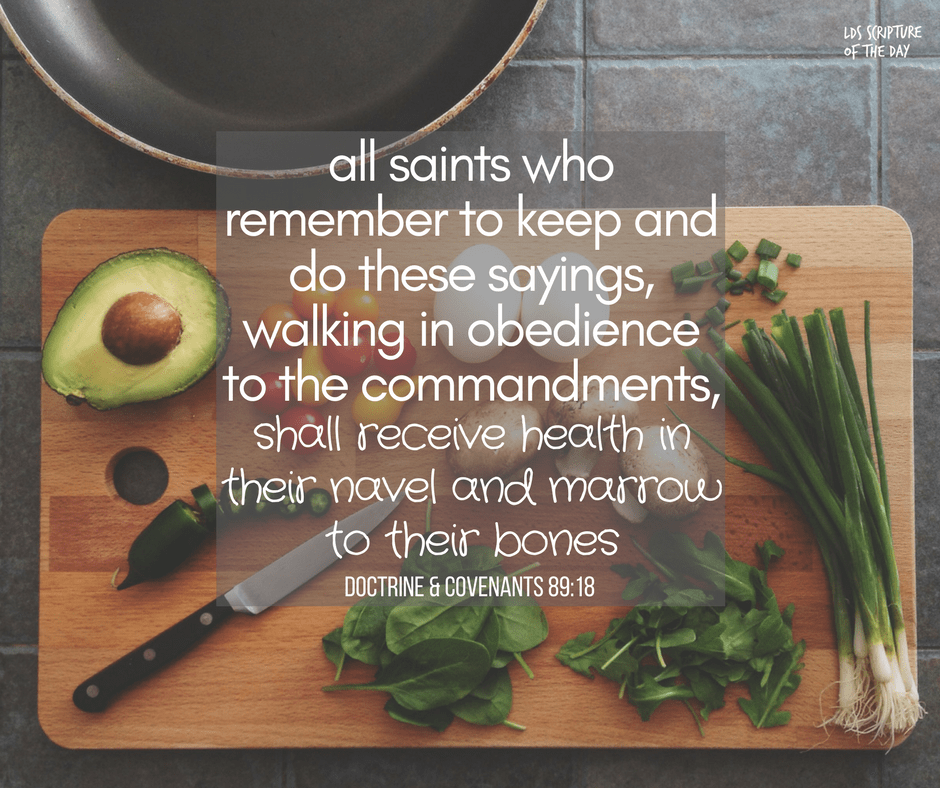To accompany your Come Follow Me study for August 18-24
In addition to reading these sections you may want to read:
- Chapter 35: Doctrine and Covenants 89–92 (churchofjesuschrist.org)
- Joseph Smith’s Revelations, Doctrine and Covenants 89 (churchofjesuschrist.org)
- Joseph Smith’s Revelations, Doctrine and Covenants 90 (churchofjesuschrist.org)
- Joseph Smith’s Revelations, Doctrine and Covenants 91 (churchofjesuschrist.org)
- Joseph Smith’s Revelations, Doctrine and Covenants 92 (churchofjesuschrist.org)
- Saints, 1:166–68.
- Gospel Topics, “Word of Wisdom,” topics.ChurchofJesusChrist.org;
- “The Word of Wisdom,” Revelations in Context, 183–91;
- “Official Church Statement” on the Word of Wisdom at https://newsroom.churchofjesuschrist.org/article/statement-word-of-wisdom-august-2019
You may also enjoy the following videos:
If you would like a Kahoot game related to these sections which you could use with your family or your class, click here: https://create.kahoot.it/share/doctrine-and-covenants-89-92/dd2bc333-8c6e-4758-82df-0b480b111ae7. To use it with a group, after clicking on this link, you will need to log into Kahoot, creating a free account if you have not done so previously, then click on the blue “Host Live” button or the gray “Assign” button, depending on how you wish to use the Kahoot. Some of the Kahoot questions may presuppose that the player has read through the suggested answers to the following Points to Ponder and at least has browsed the Institute student manual as well.
Points to Ponder in Doctrine and Covenants 89-92
1. Use of which of the following do you consider sufficiently contrary to the Word of Wisdom that it should keep one out of the temple? (Select all that apply.)
- chewing tobacco
- filter cigarettes
- electronic cigarettes
- NoDoz tablets (containing caffeine)
- 1 cup of coffee per week
- 5 cans of Coca Cola per day
- crack cocaine
- marijuana, if you don’t inhale
- hot chocolate
- excessive consumption of meat
- insufficient consumption of fruits, vegetables, and grains
- herb tea
- rum flavored ice cream
- use of artificial flavorings containing alcohol
- an occasional glass of wine on special occasions
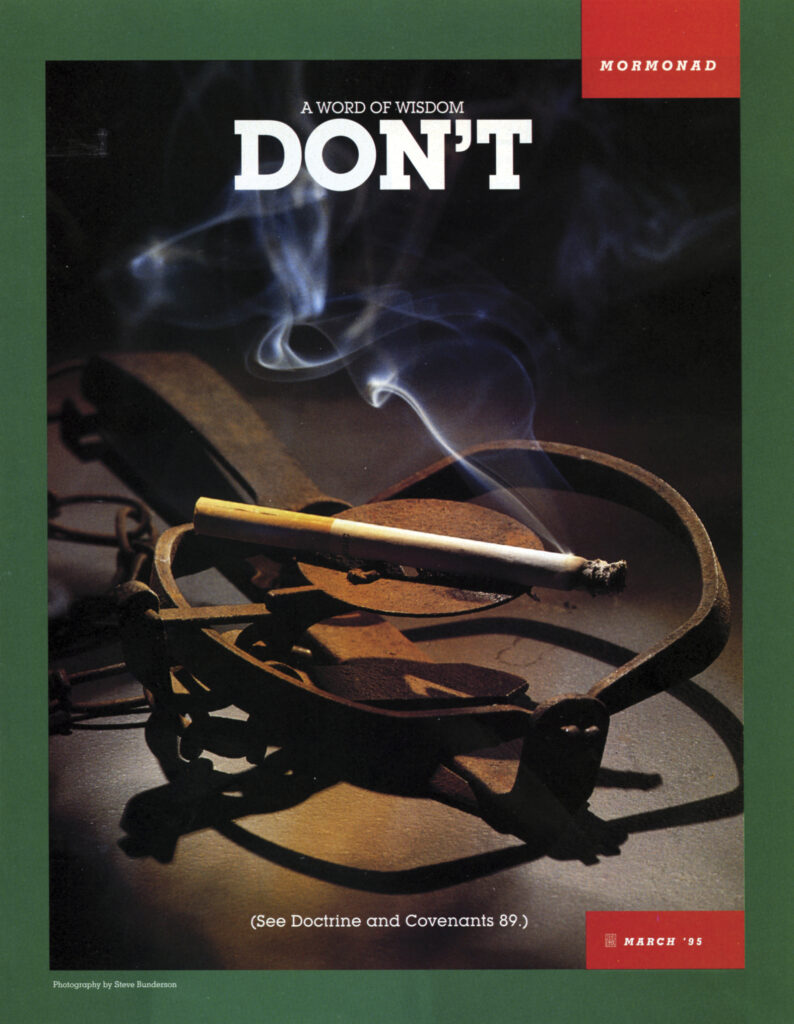
2. Why will violation of some parts of the Word of Wisdom keep you out of the temple when disregard of other parts won’t?
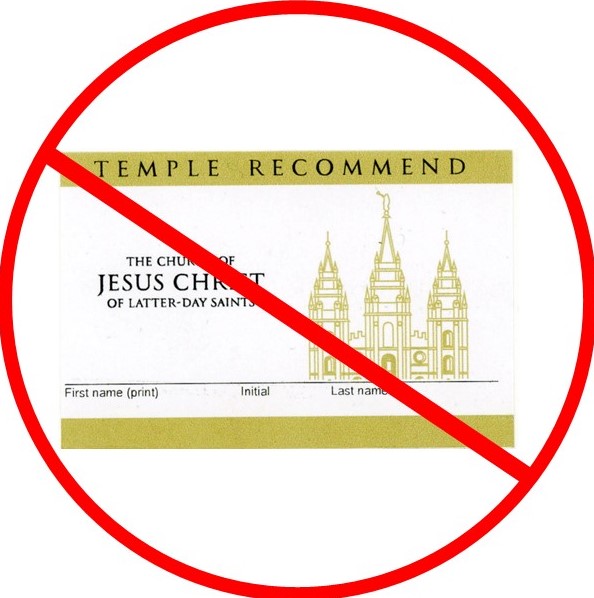
3. What evidence can you cite from personal experience or observation of the “evils and designs … of conspiring men” in promoting products contrary to the Word of Wisdom?

4. Why was the Word of Wisdom considered to be merely counsel or a suggestion at first but is now considered to be a commandment, in spite of 89:2?
5. What do you consider the greatest promise in D&C 89 for obedience to the Word of Wisdom?
6. How do you explain the fact that some who keep the Word of Wisdom still get weary when they run, despite 89:20?

7. What would you say to one who asked, “Do you mean to tell me the Lord would keep me out of the celestial kingdom just for an occasional cup of coffee or sip of beer?”

8. What would you say to one who argued that one glass of tea wasn’t nearly as harmful to the body as excessive consumption of fat?
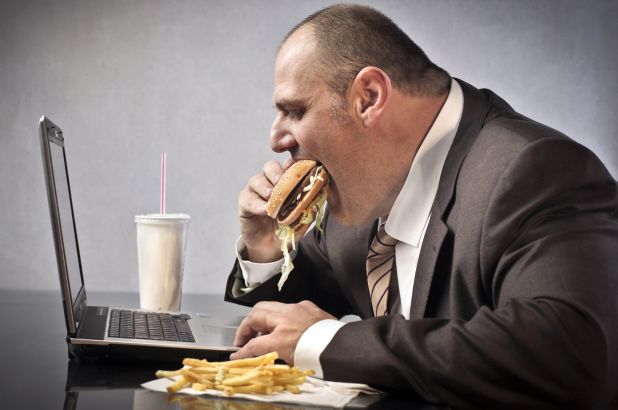
9. What would you respond to one who quoted Paul’s counsel to Timothy, “Take a little wine for thy stomach’s sake” (1 Tim. 5:23) and his words to the Roman saints that “there is nothing unclean of itself” and that the “kingdom of God is not meat and drink; but righteousness, and peace, and joy in the Holy Ghost”? (Romans 14:14, 17.)

10. What would you tell a friend who insisted he would love to join the Church and had tried repeatedly with all his heart to quit smoking and drinking but hadn’t succeeded in leaving either?
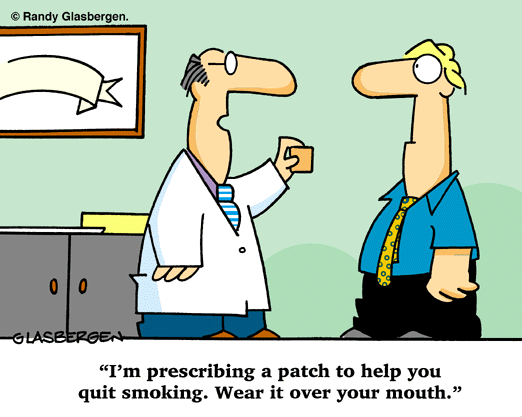
11. How do you reconcile the instructions in 90:25 to “let your families be small” with the counsel of other prophets to have large families?

12. How do you reconcile 90:37 with the fact that the early saints were driven out of Missouri?
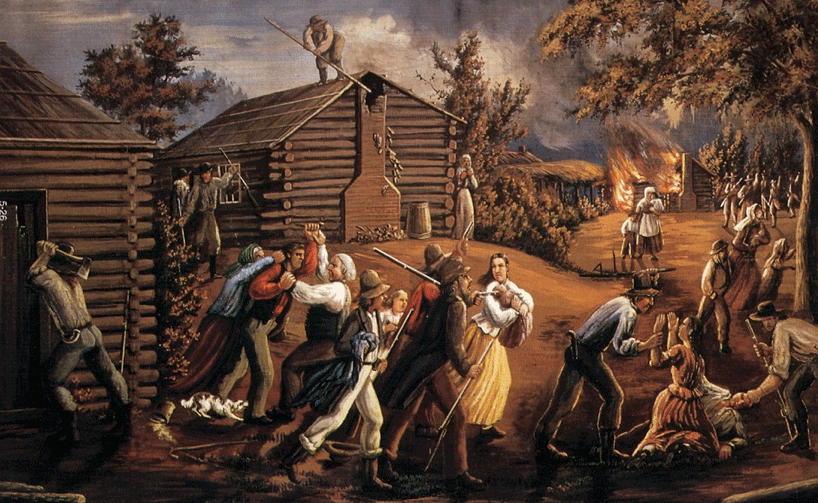
13. What would you tell a friend who wanted to be able to say he had read all of the standard works but wasn’t sure if that meant he needed to read the Apocrypha?
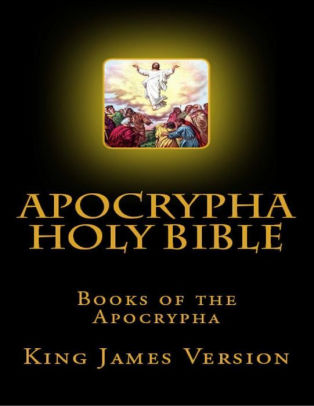
14. Can you think of any benefit we get from having section 92 in the D&C? What in your personal experience does this section most resemble?
15. What passage in these sections indicates Joseph Smith will still preside over this dispensation even in the next life?
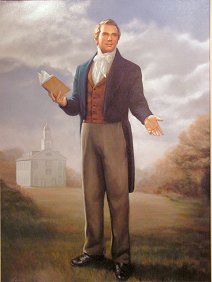
16. Which passage foreshadows the eventual establishment of the Missionary Training Center (MTC)?

17. Which passage could appropriately be posted on the door of a teenager’s messy bedroom.

18. Which passage reassures us that everything will turn out okay for the righteous?
Possible answers to Points to Ponder in Doctrine and Covenants 89-92
1. Use of which of the following do you consider sufficiently contrary to the Word of Wisdom that it should keep one out of the temple? (Select all that apply.)
My own answers are indicated below in red:
- chewing tobacco
- filter cigarettes
- electronic cigarettes
- NoDoz tablets (containing caffeine)
- 1 cup of coffee per week
- 5 cans of Coca Cola per day
- crack cocaine
- marijuana, if you don’t inhale
- hot chocolate
- excessive consumption of meat
- insufficient consumption of fruits, vegetables, and grains
- herb tea
- rum flavored ice cream
- use of artificial flavorings containing alcohol
- an occasional glass of wine on special occasions
2. Why will violation of some parts of the Word of Wisdom keep you out of the temple when disregard of other parts won’t?
Because living prophets have so determined—probably because drinking alcohol or smoking a cigarette are more flagrant and willful acts of disobedience than is failure to consume enough vegetables or eating too much meat.
But the real goal isn’t simply to barely qualify to get into the temple but to constantly qualify to have the Spirit of the Lord as a companion. Paul gave a good rule in his counsel concerning whether or not it was okay to eat meat which had been “cooked” when sacrificed to pagan gods and thereafter offered for sale at a discount in the markets. The early saints argued the pros and cons just as vociferously as we sometimes debate the use of cola drinks. Paul’s verdict was that technically there was nothing wrong with eating the cheap meat. But, he added, if you think it’s wrong and do it anyway, then in your case it is a sin. (Romans 14; 1 Corinthians 8.)
The same standard might be applied to several of the items on the above list. That’s the essence of what Paul means when on other occasions he teaches we are saved by faith, not by works. In other words, it’s not the ingesting of physically harmful substances that is so bad. It’s the attitude of disobedience in the heart of the one doing it, if his intention is to get as close as he can to the “edge of the cliff” without falling over. Paul also invites us to consider the effect our decision might have on those with weak testimonies who think we, who should be their examples, are making a decision they think is wrong. In other words, if I were to decide that drinking Coke was not a violation of the Word of Wisdom, I might still want to consider the effect my drinking it would have on my class of teenagers who had been taught otherwise by their parents and who would consider me a hypocrite if they saw me drinking it and would therefore be less likely to take seriously anything else I might try to teach them.
3. What evidence can you cite from personal experience or observation of the “evils and designs … of conspiring men” in promoting products contrary to the Word of Wisdom?
Your choice. Promoters through the years have produced countless clever ads to make it appear that those who smoke or drink are more attractive or that use of those substances brings happiness, with no negative consequences. Most of them have to have known better. Here are samples from both the past and the present:




4. Why was the Word of Wisdom considered to be merely counsel or a suggestion at first but is now considered to be a commandment, in spite of 89:2?
When the Lord first revealed D&C 89, many of the members, including leaders, of the Church used now-forbidden substances habitually. It was an indication of the Lord’s patience and mercy that He allowed a transition period.
But if properly understood, obedience to the Word of Wisdom may be considered to have always been expected of faithful Latter-day Saints. The Lord had declared in D&C 58: “But he that doeth not anything until he is commanded, and receiveth a commandment with doubtful heart, and keepeth it with slothfulness, the same is damned.” (D&C 58:28-29.)
Stephen C. Harper, in his Making Sense of the Doctrine and Covenants, further explains:
“When exactly did the Word of Wisdom become a commandment? The answer depends on what one means by commandment. If one means, when did the Lord express his will that Saints obey the Word of Wisdom, then the answer is, the day He gave it, February 27, 1833. The Lord revealed wisdom to the Saints and expected them to obey it, from the beginning, as best they could. Some claim the Word of Wisdom became binding in 1851, when Brigham Young asked for and received the Saints’ sustaining vote to obey it. President Young himself sometimes chewed tobacco to dull the pain of broken teeth. Some claim the Word of Wisdom became binding in the 1880s, when President John Taylor re-emphasized obedience. Still others claim the Word of Wisdom finally became binding when President Heber J. Grant made obedience to it a requirement for obtaining a temple recommend.
“If no single date can be established when the Lord made obedience to the Word of Wisdom binding upon Latter-day Saints, his merciful forewarning and longsuffering with weakness is clear. The Lord’s prophets have consistently applied the principle of agency, always urging obedience yet making allowances for those who were acted upon by powerful substances before they had enough knowledge to act intelligently for themselves. President Grant taught that obedience to the Word of Wisdom resulted from love for God: “If you love God with all your heart, might, mind and strength, does he need to command?”
5. What do you consider the greatest promise in D&C 89 for obedience to the Word of Wisdom?
Probably the “wisdom and great treasures of knowledge,” especially that which comes through the Spirit due to obedience. That has to outrank the ability to “run and not be weary and walk and not faint,” as desirable as that is.
6. How do you explain the fact that some who keep the Word of Wisdom still get weary when they run, despite 89:20?
The promise is obviously intended as a general principle, not an individual guarantee in each specific case.
7. What would you say to one who asked, “Do you mean to tell me the Lord would keep me out of the celestial kingdom just for an occasional cup of coffee or sip of beer?”
One of the prophets responded, “No, but he will keep you out for rebellion.” We might turn the question around: “Would you miss out on the celestial kingdom just so you could drink an occasional cup of coffee, etc.?”
8. What would you say to one who argued that one glass of tea wasn’t nearly as harmful to the body as excessive consumption of fat?
That may be true, but it’s a great deal more harmful to the spirit, as prophets have determined that one will keep us from a temple recommend, and the other will not.
9. What would you respond to one who quoted Paul’s counsel to Timothy, “Take a little wine for thy stomach’s sake” (1 Tim. 5:23) and his words to the Roman saints that “there is nothing unclean of itself” and that the “kingdom of God is not meat and drink; but righteousness, and peace, and joy in the Holy Ghost”? (Romans 14:14, 17.)
The Word of Wisdom was not a law in Paul’s day, of course. We focus on the latest word from the Lord, not the earliest. In Romans, Paul was talking about the dietary regulations of the law of Moses, not the not-yet-existent Word of Wisdom.
10. What would you tell a friend who insisted he would love to join the Church and had tried repeatedly with all his heart to quit smoking and drinking but hadn’t succeeded in leaving either?
He hasn’t tried hard enough. D&C 89 assures us that the law is adapted to the weakest of all who have any right to be called saints. It may be that without divine help we cannot always break longstanding habits, but we haven’t done our best until we have sought and obtained that help.
11. How do you reconcile the instructions in 90:25 to “let your families be small” with the counsel of other prophets to have large families?
This meant not to take on a lot of permanent undeserving free boarders who would deplete needed resources. It had no reference to curtailing the birth of children.
12. How do you reconcile 90:37 with the fact that the early saints were driven out of Missouri?
“Zion” is still appointed to be centered in Missouri someday. Not Zion but the Latter-day Saints were driven from Missouri.
13. What would you tell a friend who wanted to be able to say he had read all of the standard works but wasn’t sure if that meant he needed to read the Apocrypha?
If his goal were simply to be able to say he had read them all, I’d tell him to forget the Apocrypha. But if he were so spiritually mature that he’d be eager for any additional holy writ, and if he had read the rest of the standard works, I’d tell him basically what the Lord told Joseph Smith. The Apocrypha has some great material, much of which is true, and his life could be blessed by reading it with the Spirit. The average Latter-day Saint, however, would probably benefit more from rereading the latest general conference addresses than from spending additional time in the Apocrypha.
14. Can you think of any benefit we get from having section 92 in the D&C? What in your personal experience does this section most resemble?
D&C 92 is a good reminder that not everything in the Doctrine and Covenants is of equal value and current applicability. It is more like a mission call or an administrative letter than a doctrinal gem. Its greatest value may be to remind us that then, as now, the Church is led through constant revelation. So far as content is concerned, its highlight may be the instruction that Frederick G. Williams was to be a “lively member” of the united order. It makes a difference whether we are “lively” members of our priesthood quorum or Relief Society or Young Women’s class or just a regular, more apathetic member!
15. What passage in these sections indicates Joseph Smith will still preside over this dispensation even in the next life?
90:3
16. Which passage foreshadows the eventual establishment of the Missionary Training Center (MTC)?
90:11
17. Which passage could appropriately be posted on the door of a teenager’s messy bedroom?
90:18
18. Which passage reassures us that everything will turn out okay for the righteous?
90:24
